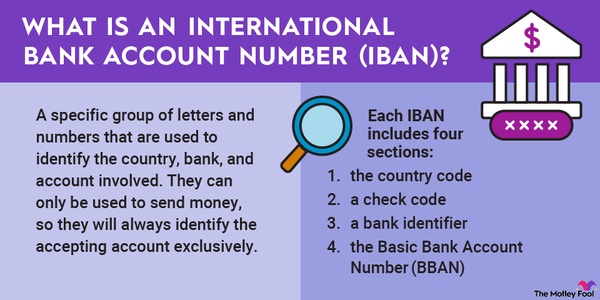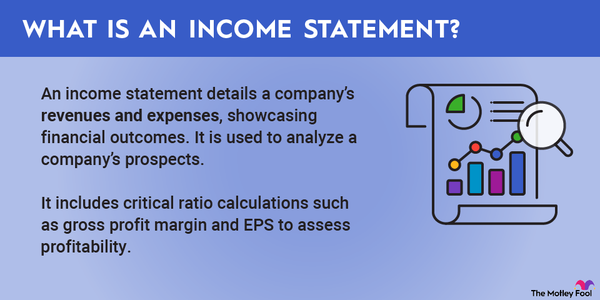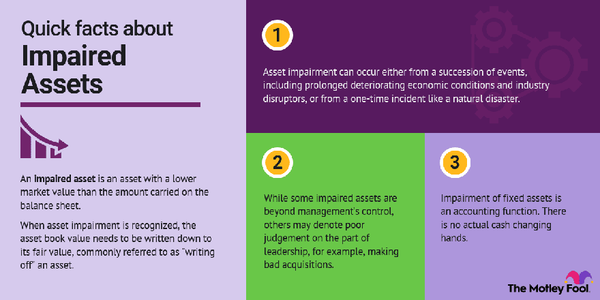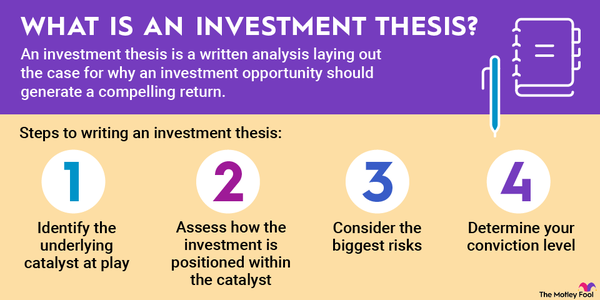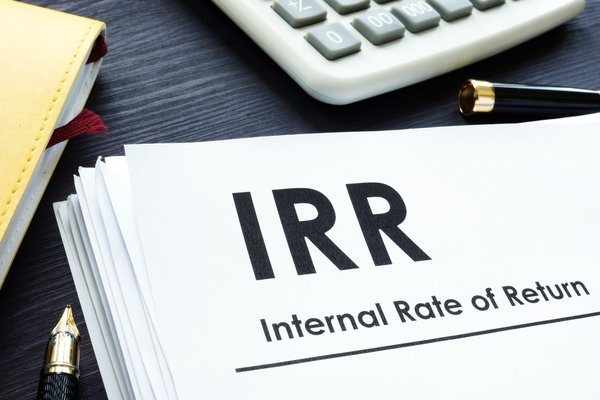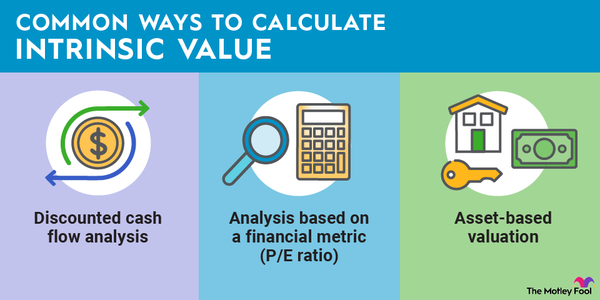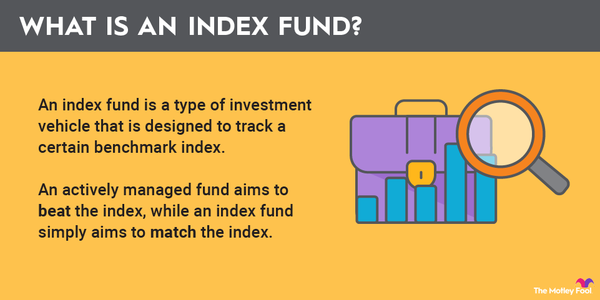Your parting gift to loved ones will be your remaining wealth, but you might inadvertently leave them a tax bill, too. State-imposed inheritance taxes can be a wildcard of estate planning because your beneficiaries -- not your estate -- will pay the bill.

Understanding inheritance tax
Understanding inheritance tax
Inheritance tax is a levy some states charge when wealth transfers to a beneficiary from a state resident who has passed away. The tax is in addition to any federal or state estate taxes that may apply. Estate taxes, however, are paid by the estate and not the beneficiary.
Fortunately, as of January 2025, only five states charge inheritance taxes:
- Kentucky
- Maryland
- Nebraska
- New Jersey
- Pennsylvania
Iowa also has an inheritance tax, but it is being phased out. No tax is imposed on deaths occurring on or after Jan. 1, 2025.
Each of the five states independently defines its rules, rates, and exemption thresholds. Most state rules favor your closest relatives. For example, surviving spouses are always exempt. Children and parents often pay lower rates and have higher exemption amounts than aunts, uncles, nephews, nieces, and in-laws. Non-relatives normally see the highest inheritance tax rates and have the lowest exemption thresholds.
Inheritance tax rules by state
Inheritance tax rules by state
Kentucky defines three rate schedules organized by class of beneficiary. Surviving spouses, children, grandchildren, siblings, half-siblings, and parents do not pay the tax. Nephews, nieces, aunts, uncles, and in-laws pay 4% to 16%, depending on asset value, with a $1,000 exemption. Other beneficiaries pay 6% to 16%, with a $500 exemption.
In Maryland, surviving spouses and direct heirs are exempt from inheritance tax. Nephews, nieces, uncles, aunts, cousins, and non-relatives pay a 10% tax on inherited property. Life insurance benefits and property passing to one person valued at less than $1,000 are exempt. Also, if the estate qualifies for Small Estate probate proceedings, no inheritance tax is charged to any beneficiaries.
Nebraska does not charge inheritance tax to surviving spouses. Parents, grandparents, children, and other lineal descendants pay a 1% tax on assets over $100,000. Other relatives will pay an 11% tax rate on $40,000 or more. Non-relatives pay 15% with a $25,000 exemption.
New Jersey assesses inheritance tax when the decedent passed as a legal resident of the state or owned property in the state. Surviving spouses, children, grandchildren, and parents are exempt. Siblings and children-in-law pay inheritance tax rates of 11% to 16% on assets worth more than $25,000.
Pennsylvania also exempts surviving spouses and children under 21. Direct descendants and lineal heirs pay a 4.5% inheritance tax, and siblings pay 12%. Other heirs pay 15%. Property owned jointly by spouses is exempt from the tax, and some farmland may also be exempt.
In Iowa, the 2024 inheritance tax rates ranged from 0% to 3%, depending on the beneficiary's relationship to the decedent. The closest relatives paid no tax, while others paid 1% to 3% with no exemption threshold.
Calculating inheritance taxes
Calculating inheritance taxes
Some states charge a flat tax rate on all inherited, non-exempt property. In these states, the calculations are straightforward: Multiply the tax rate by the fair market value of the non-exempted property. If you have $15,000 of assets subject to Maryland's 4.5% inheritance tax, for example, the tax bill should be $675.
The calculations are more complicated in Kentucky and New Jersey, which have tax rates that increase based on the value of the inherited assets. These tax tables function like federal income tax rates -- depending on the value of the inheritance, you may need to apply multiple tax rates and sum the results.
To demonstrate, let's say you live in Kentucky and have $50,000 in assets to bequeath to your niece. The table below shows Kentucky's inheritance tax schedule for "Class B" beneficiaries and the calculations to apply it to $50,000 in assets.
| Asset Value | Tax Rate | Calculation | Taxes |
|---|---|---|---|
| $0-$1,000 | Exempt | NA | NA |
| $1,000-$10,000 | 4% | $9,000 x 4% | $360 |
| $10,000-$20,000 | 5% | $10,000 x 5% | $500 |
| $20,000-$30,000 | 6% | $10,000 x 6% | $600 |
| $30,000-$45,000 | 8% | $15,000 x 8% | $1,200 |
| $45,000-$60,000 | 10% | $5,000 x 10% | $500 |
| $60,000-$100,000 | 12% | NA | |
| $100,000-$200,000 | 14% | NA | |
| $200,000+ | 16% | NA | |
| Total Taxes: | $3,160 |
The first $1,000 of inherited assets is exempt, so no calculation is needed there. So, the 4% tax rate only applies to $9,000 worth of assets, which is the portion of the inheritance worth between $1,000 and $10,000. In the 10% bracket, only $5,000 of assets apply in this scenario -- which is the amount between the $45,000 breakpoint and our $50,000 total.
Related investing topics
Managing inheritance taxes
Managing inheritance taxes
The good news is there are ways to manage your beneficiaries' inheritance tax liability while you are living. Ideas to discuss with your tax advisor include:
- Move to another state. You could move and sell all property in the state that levies the inheritance tax.
- Purchase life insurance. Death benefit payouts are generally tax-exempt. You can structure the payouts to provide the funding your beneficiaries need to pay their inheritance taxes.
- Set up an irrevocable trust. You can move your assets out of your estate and into an irrevocable trust. Consult an attorney to set this up properly so the assets will not be subject to inheritance tax.
- Leave your money to exempt relatives only. As an example, you can specify in your will to transfer your wealth only to your surviving spouse.
- Gift money while you are living. In 2024, you can gift up to $18,000 per recipient without reporting it to the IRS. In 2025, the limit increases to $19,000 per person. A generous but IRS-compliant gifting program can reduce the value of your estate over time -- which in turn reduces the potential inheritance tax.
Proactive management of inheritance taxes can get complicated. An experienced tax advisor can guide you to solutions that consider your financial situation, your beneficiaries, and other potential tax liabilities, including estate tax.


